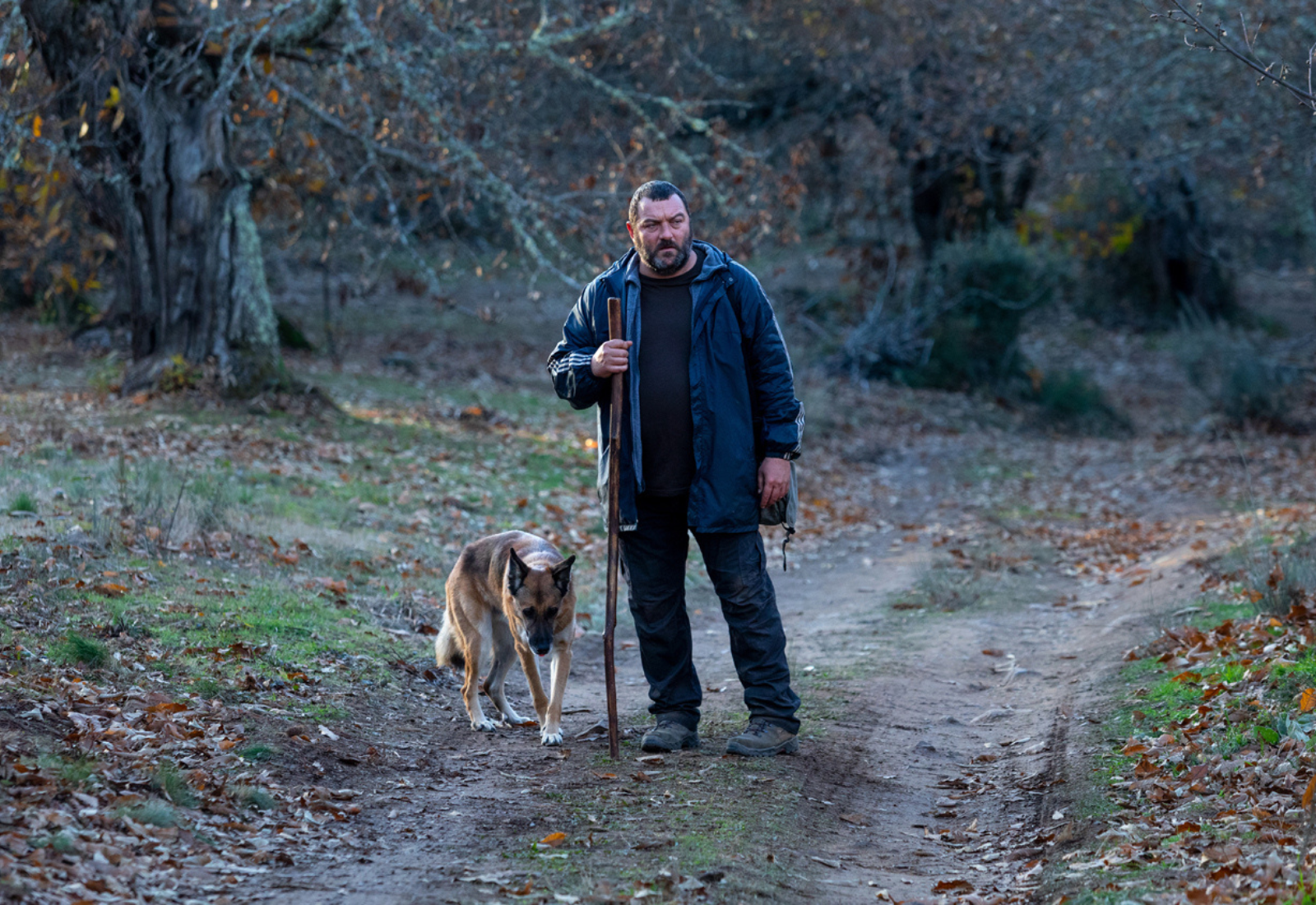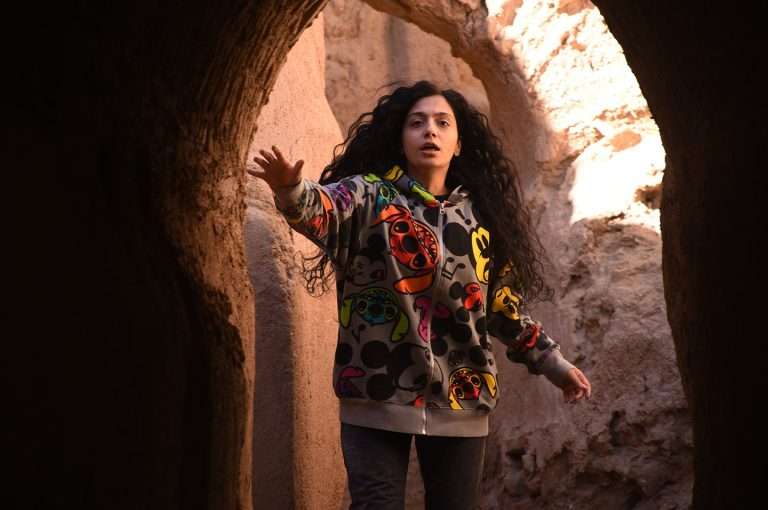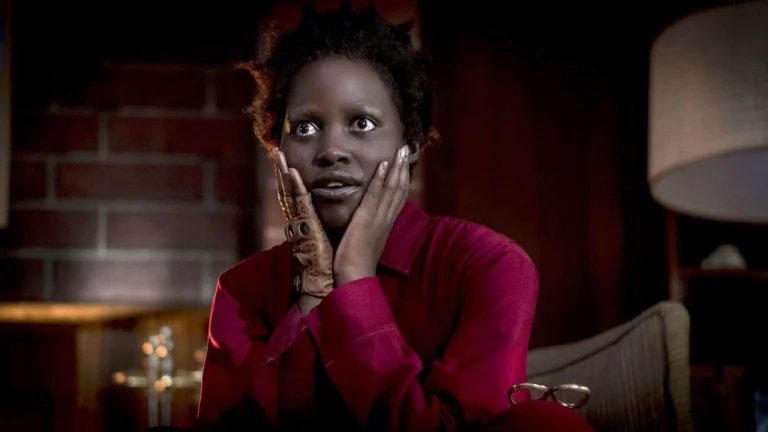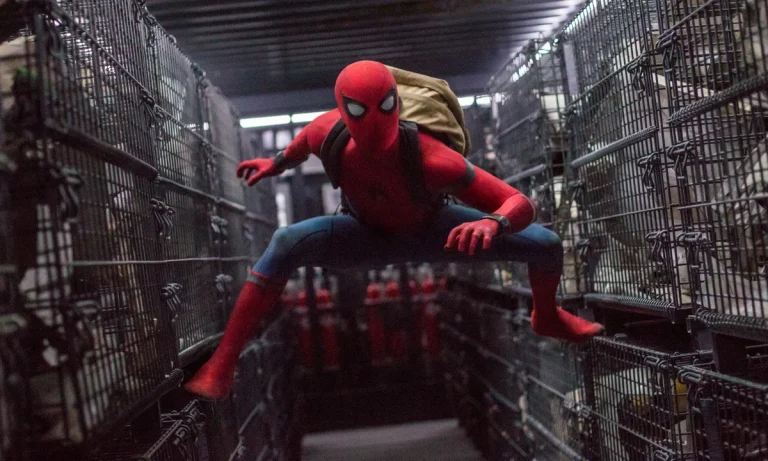The Beasts (2022) IFFK Review: At a time when the world is witnessing a rising wave of racism and xenophobia in Western society and culture, the filmic representations address the extensively degenerating social fabric of nations and the ever-widening fissure between the locals and the immigrants. The xenophobic attitude stemming from a love of homogeneity, ethnic-nationalist populism, and extreme supremacist ideologies culminate in humiliation, hate-motivated crimes, and a culture of violence in multicultural societies. Such depictions of minority cultures reflect a higher incidence of anxiety, a sense of embarrassment, and conflicts due to the polarization of opinions. This year saw a resurgence of films like Beth de Araujo’s Soft & Quiet, Cristian Mungiu’s R.M.N, Michal Blasko’s Victim, and Tereza Nvotova’s Nightsiren that illustrate racial prejudice and xenophobia unapologetically, bring the harsh realities to the limelight.
Spanish filmmaker Rodrigo Sorogoyen’s latest rural crime thriller, The Beasts, is a compelling and disturbing film that sheds light on the uncomfortable truths of transnational xenophobia, ideological polarization, and class struggle lurking beneath the surface of Western Europe. Originally titled As Bestas, the film follows the underlying tension between a middle-aged French couple living in Spain and the local Galician farmers culminating in a full-blown vendetta that has long-lasting consequences for both parties. The evocative opening sequence of the film, the slow-motion footage of a wild horse being tackled and subdued by farmhands with feral force and savagery, foreshadows a mounting and pulsating sense of threat and violence.
Set in the rural interiors of the Galician countryside, the film tells the story of a loving French couple, Antoine (Denis Menochet) and Olga (Marina Fois), who is settled in the idyllic village to live in harmony with nature and to practice eco-responsible agriculture. However, their tranquil existence is interrupted by downright menacing Antas brothers, an unbending and remorseless Xan (Luis Zahera) and his conniving, slow-witted younger brother Lorenzo (Diego Anido), who is resentful of the couple for voting against the construction of a wind farm that would fetch the brothers money to leave the countryside for a supposedly better life.
The educated, worldly-wise and well-mannered couple have the best intentions in mind to toil hard, lead a productive life growing vegetables in a quiet environment and assimilate with the local peasants, even if they are away from their native France and their very own adult daughter Marie (Marie Colomb). They are distinctively a contrast to the sly and brutish locals, who have a mysterious animality and animosity in their demeanor and temperament against the outsiders. They take a threatening stance against the kind couple through verbal attacks at first and then proceed to physical violence. The brothers intimidate the couple by passing deprecatory remarks, calling Antoine recurrently “Frenchy” in a demeaning manner, trespassing on their property to get drunk, pissing on their outdoor chairs, poisoning the couple’s water well with two car batteries, and even going to the extent of stalking and threatening them with rifles. Antoine, in retaliation, only chooses to capture pieces of evidence of their intimidating remarks and any acts of violence in his camera if anything untoward happens to them. What ensues between the two households will make you lose your faith in humanity and leave you shocked beyond belief.

Premiered at the 75th Cannes Film Festival, The Beasts is Sorogoyen’s Cannes debut inspired by real-life events. This slow-burn, immersive experience makes you feel the palpable antagonism and malevolence like a ticking bomb that is ready to explode. Though it takes its sweet time to establish the exposition and the bitter relations between Antoine and the Antas brothers, we become hooked to the screen, eager to find how far the conflict can escalate. Without disappointment, it springs right into action. We get lost in the picturesque and lush world of Galicia and the clash of bloated male egos driven by selfish interests.
The film thematically discusses the transnational xenophonia within the interiors of Europe, where rural communities reject the ‘other’ with the bossiness and superiority that they claim over their lands. These subtle hints of nationalism and hatred towards other cultures and nations arise from ideological differences and class struggles. In an impressive long take in which Antoine and the brothers try to reach a middle ground, Xan and Lorenzo express their yearning for a way out from their life of hardship and accuse Antoine and Olga of being wealthy foreigners who are playing farming recreationally.
The film also outlines how rural communities abandon age-old farming practices against the promise of money and economic development without a second thought about the consequences. It touches upon the theme of rapid gentrification in which wealthier newcomers buy the land for environmental projects, often displacing the inhabitants. Antoine, who considers Galicia to be his own home, refuses to fall into the traps and wishes to live in the pleasant countryside, leisurely taking walks through the woods and swimming in the lake. The film affirms the beasts within man and the intensity of violence the beasts are capable of committing, and how women pay the price for the consequences of their actions.
This gripping psychological thriller delves deep into the characters’ motivations and authentically portrays the instinctive reactions of the earthy-looking peasants. This outstanding film is remarkable for its powerful and captivating performances, effective script, engaging and taut dialogues, long takes that fly by without making you aware of the time passed by, and the startling turn of events in the third act. Denis Menochet as Antoine gives us a sterling performance and captures this muscular man with a compassionate heart who finds feels at home while taking long walks with his dog through the woods. We also see his vulnerability and helplessness at the hands of the parochial hill people who make their life a hellish experience. The character arc of Olga, played by Marina Fois, in the final act is astounding, as she singularly carries the film entirely on her shoulders with resilience, especially when she offers protection and emotional support to her daughter from the taunting antagonists. Luis Zahera and Diego Anido as Xan and Lorenzo paint a picture of the countryside with their realities of day-to-day survival.
The Beasts is a tragic and unsettling film that serves as an unwavering quest for justice against the brutish violence against outsiders. Clocking at around 140 minutes, this unnerving narrative unfolds and progresses swiftly, highlighting the contrasting aspects of urban and rural, local and other, and civilization and savagery. The sweeping, beautiful visuals of mountainous Galicia are complemented by a compelling percussive score that heightens the anxiety and terror. This dark tale, rooted in the beastly nature of humanity, heralds a nightmarish age of hatred and hopelessness unless and until we transform ourselves for the better, cultivating a culture of kindness and compassion.





![I Lost My Body [2019] Netflix ‘MAMI’ Review: A leisurely fairy tale with Profound Meanings](https://79468c92.delivery.rocketcdn.me/wp-content/uploads/2019/10/I-Lost-My-Body-Netflix-Review-768x432.jpg)
![Hum Do Hamaare Do [2021] Review: An Inert Bollywood Rom-Com with Messy Intentions](https://79468c92.delivery.rocketcdn.me/wp-content/uploads/2021/10/Hum-Do-Humare-Do-Movie-Review-768x432.jpg)

